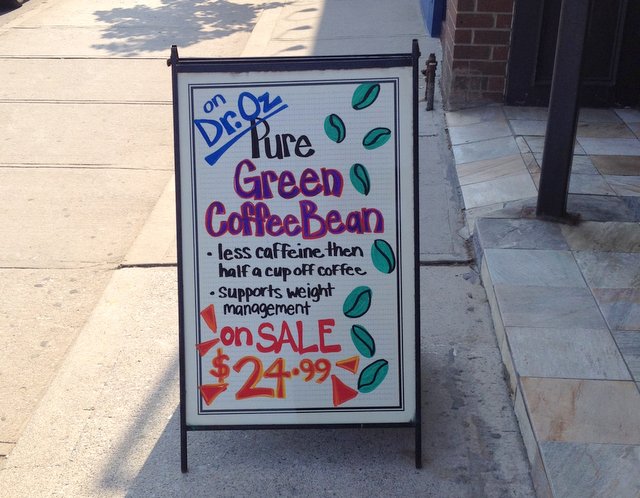 Diets fail. Not just often, but almost always—90% of the time. If diets worked we wouldn’t have a worldwide obesity problem. And obesity is a problem that needs to be solved. The prevalence of obesity has doubled since 1980. As a public health issue, there are few determinants of illness that are more destructive, as obesity contributes to the growing rates of diabetes, heart disease, and even cancer. There’s no “one true cause” of all illness, but obesity comes pretty close. When people ask me for the single most important thing they can do for their health, my advice (after quitting smoking) is to (1) ensure you keep your weight under control and (2) exercise in any way possible.
Diets fail. Not just often, but almost always—90% of the time. If diets worked we wouldn’t have a worldwide obesity problem. And obesity is a problem that needs to be solved. The prevalence of obesity has doubled since 1980. As a public health issue, there are few determinants of illness that are more destructive, as obesity contributes to the growing rates of diabetes, heart disease, and even cancer. There’s no “one true cause” of all illness, but obesity comes pretty close. When people ask me for the single most important thing they can do for their health, my advice (after quitting smoking) is to (1) ensure you keep your weight under control and (2) exercise in any way possible.
Despite its tremendous impact on health, I’ve only blogged about obesity in an indirect way—by pointing out what doesn’t work. Dr. Oz is my perpetual source of bad health information with his regular promotion of bogus “weight loss” supplements like the green coffee bean “miracle”. I’ve also criticized eating programs like the fads of “Eating Clean”, gluten “intolerance”, or harmful diet delusions like “detox”. It’s the typical skeptical science blogger approach—spot pseudoscience, debunk it, and hope you did something good. But none of my posts have focused on what one should do—just what you shouldn’t. Over at Science-Based Medicine (where I also blog) Dr. Mark Crislip recently commented that what science-based medicine advocates support manifests in what we oppose. He’s right, because that’s the easy approach. Using the principles of science-based medicine, there’s an awful lot to oppose in the current writing and popular opinion on how to treat obesity. And my professional advice in the role of a pharmacist has been limited to steering people away from supplements, and then giving some basic advice about dietary planning. Anecdotes and platitudes. I admit that I’ve told patients to “eat less and exercise more”. I haven’t seen pharmacists do much more, though I like to think that pharmacists can and should be playing a much larger part in obesity management and treatment.
Continue reading




You must be logged in to post a comment.